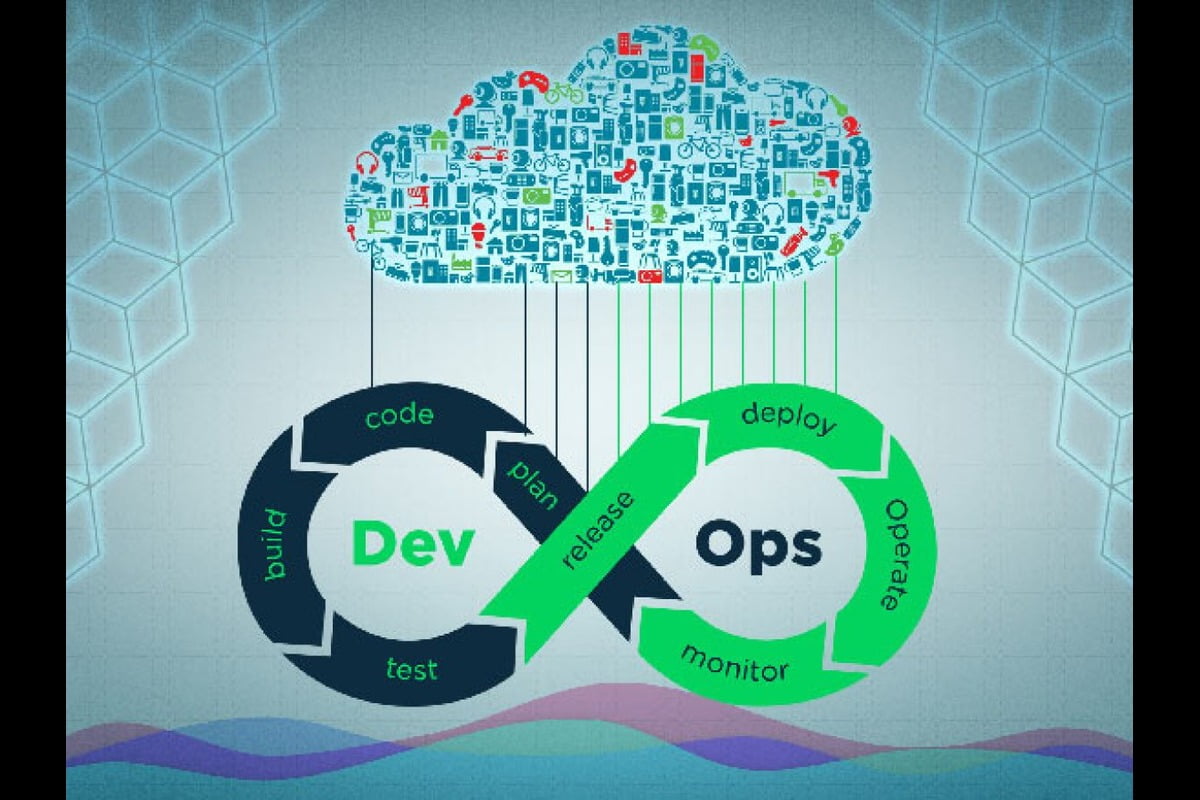
The Importance Of DevOps In Cloud-Native Software Development
In today’s fast-paced world, where businesses are continuously striving to outperform their competitors, software development has become a critical aspect of their success. With the rise of cloud computing, software development practices have evolved, and DevOps has emerged as an essential methodology for developing cloud-native software. DevOps helps businesses to streamline their software development processes, improve collaboration between teams, and ensure faster software delivery.

What is DevOps?
DevOps is a software development methodology that emphasizes collaboration and communication between development and operations teams. It involves a set of practices, tools, and cultural changes that enable organizations to deliver software faster, more efficiently, and with higher quality. DevOps is based on the principles of continuous integration, continuous delivery, and continuous deployment, which are essential for cloud-native software development.
What is Cloud-Native Software Development?
Cloud-native software development is a software development approach that leverages cloud technologies, such as containers, microservices, and serverless architectures, to build and run applications in the cloud. Cloud-native applications are designed to be highly scalable, fault-tolerant, and resilient, and can be deployed and updated quickly and easily.
DevOps is crucial for cloud-native software development for several reasons:
Streamlines Development Processes
DevOps practices help teams to streamline their development processes by automating tasks such as testing, deployment, and monitoring. This automation eliminates manual errors and reduces the time and effort required to deliver software updates, enabling teams to release software faster and with higher quality.
Improves Collaboration Between Teams
DevOps promotes collaboration between development and operations teams, ensuring that everyone works towards the same goals. This collaboration helps to identify and resolve issues quickly and ensures that software updates are delivered on time and with high quality.
Enables Faster Feedback and Iteration
DevOps enables teams to get feedback on their software quickly and iterate on it faster. Continuous integration and continuous delivery practices enable teams to deliver software updates to users quickly, allowing them to gather feedback and make improvements in real-time.
Ensures High Availability and Resilience
Cloud-native applications are designed to be highly available and resilient. DevOps practices help teams to ensure that their applications meet these requirements by enabling them to automate testing, monitoring, and failover procedures.
Reduces Costs and Improves Efficiency
DevOps practices can help organizations to reduce their costs and improve their efficiency. By automating tasks and improving collaboration between teams, DevOps helps to eliminate wasteful processes and reduce the time and effort required to deliver software updates.
Conclusion
DevOps is critical for cloud-native software development as it enables organizations to streamline their development processes, improve collaboration between teams, and deliver software updates faster and with higher quality. By adopting DevOps practices, organizations can ensure that their cloud-native applications are highly scalable, fault-tolerant, and resilient, enabling them to compete effectively in today’s fast-paced business environment.


No Comments